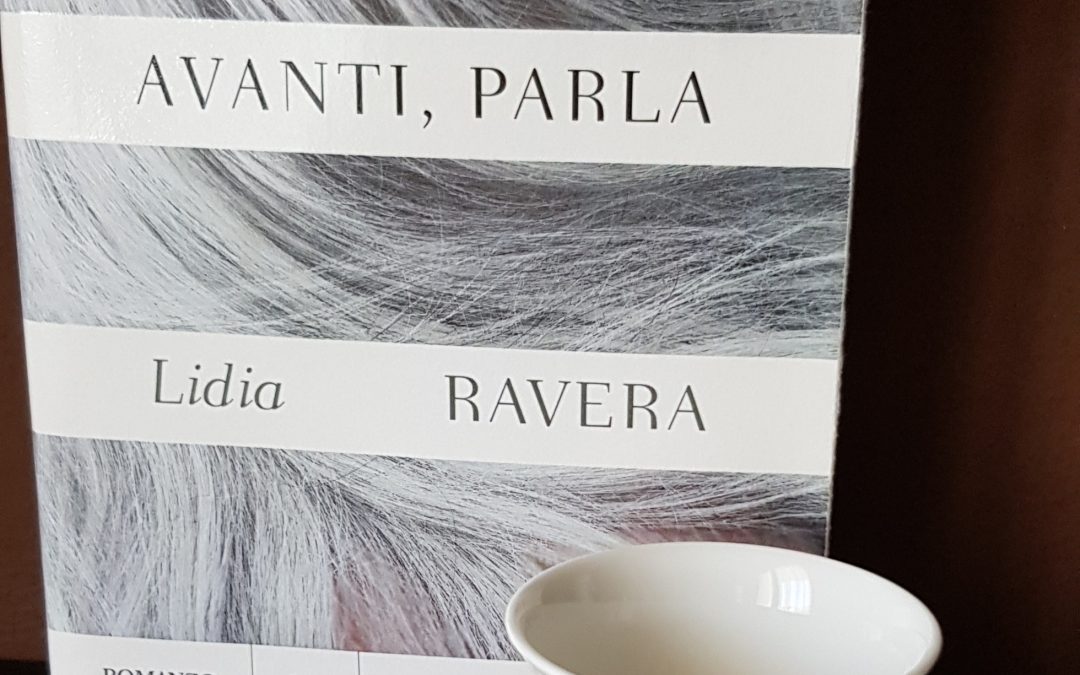
EVA SLEEPS
Eva sleeps is what her mother replies to the postman in charge of delivering a package while we still don’t know anything about her.
Eva sleeps is a title that made me imagine something else.
Eva sleeps at the end of the book, but when I got to that point, I was moved because sleep represented a restitution.
And I was moved because there are bonds that can have the duration of a fragment but the indissoluble strength of something that nothing and no one can break.
This reading, once again from the series “Monica’s books” that I will never stop thanking, was a slow surprise, just like when something happens in life that you no longer expected.
And it is perhaps the things that did not happen that I appreciated, those that basically correspond to the truth exactly because of their absence.
Curiously I took another train trip this time from the far north of South Tyrol to the red and white lighthouse of Villa San Giovanni .
Looking from the window, images of the landscape and history alternate.
The history of Italy from 1919 to 1992.
The history of Italy seen from a very precise point of observation, high up, from the vertical earth.
But above all the history of that area that the most distracted, like me so far, call South Tyrol.
Francesca Melandri in her book published by Bompiani traces the events of the autonomous province of Bolzano, reconstructing a history that I had never considered in such detail.
Good and evil, souls and ideals, strategy and bad luck, intolerance and compassion are mixed within states, peoples, families, faces.
You should never forget to try to put yourself in the other’s shoes.
Ask yourself questions. All time.
Speaking of questions, there is one in particular that is constantly asked to Eva “Do you feel more Italian or more German?”
Her answer arrives right on the train, it is multifaceted and it could not be otherwise, considering all aspects.
Do you ever think about how much of you is the expression of your roots?




 Hi I'm Claudia and this is KCDC.
Hi I'm Claudia and this is KCDC.




OPINIONI